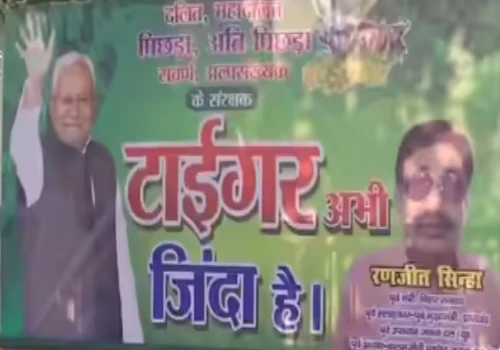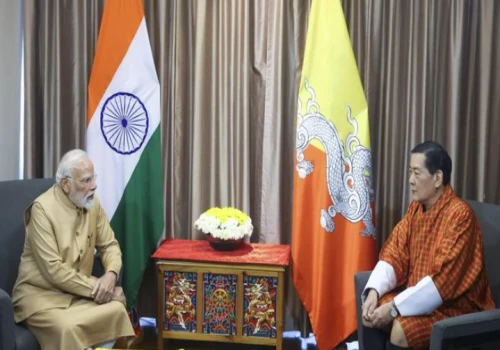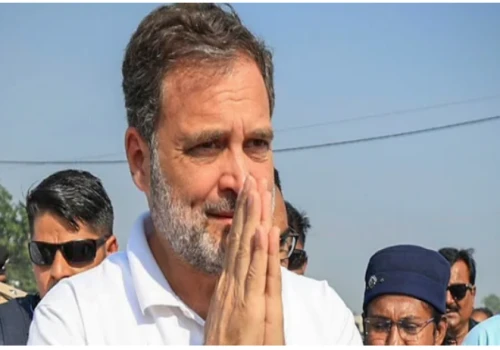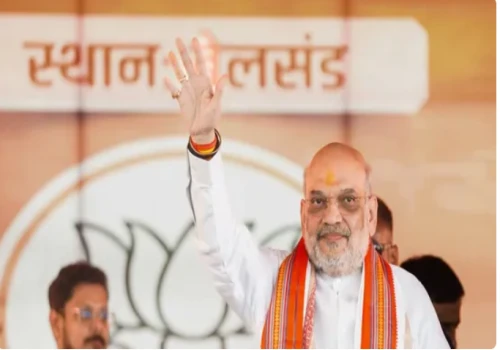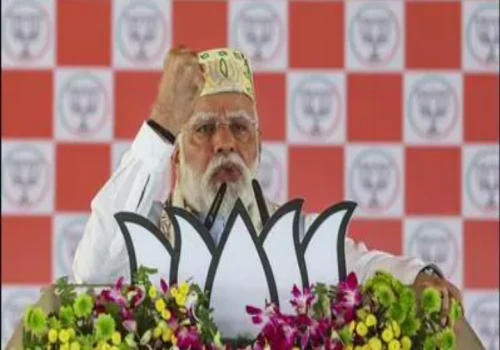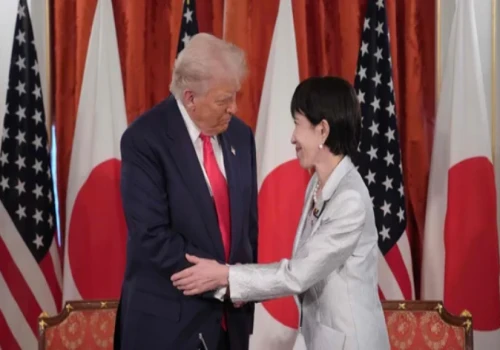
Rahul Gandhi Accuses PM of Bowing to US Pressure on Ceasefire: A Strategic Misstep or Diplomatic Necessity?
In a sharp and politically charged statement, senior Congress leader Rahul Gandhi has accused Prime Minister Narendra Modi of capitulating to pressure from the United States in agreeing to a recent ceasefire. The accusation, made during a public address and later amplified on social media, raises fresh questions about India's foreign policy autonomy and the government's handling of sensitive geopolitical issues.
The Allegation
Rahul Gandhi’s remarks suggest that the ceasefire—reportedly brokered during high-level international consultations—was not entirely India’s decision but one made under external influence. “The Prime Minister has once again failed to act in India's sovereign interest,” Gandhi claimed. “This is not diplomacy; this is submission.”
While the specifics of the alleged pressure remain unclear, sources suggest that the ceasefire pertains to a regional conflict where India holds a stake either directly or indirectly. Washington’s diplomatic push for de-escalation, while viewed as a stabilizing move internationally, has drawn ire from Indian opposition voices for possibly undermining national interests.
The Government’s Position
The ruling government has not officially responded to Gandhi’s comments at the time of this writing. However, in past instances of such criticism, the Ministry of External Affairs and the Prime Minister’s Office have maintained that India’s decisions are based on sovereign strategic evaluations, not external coercion.
Supporters of the ceasefire argue it may be a necessary step to prevent greater conflict, stabilize border tensions, or maintain economic and geopolitical balance in a volatile international climate.
Geopolitical Context
India’s strategic relations with the United States have grown significantly over the past decade, with enhanced defense cooperation, trade partnerships, and diplomatic engagement. Critics like Rahul Gandhi, however, argue that this increasing proximity may come at the cost of India’s non-aligned legacy and strategic independence.
The alleged US pressure, if proven or substantiated, would raise questions about the power dynamics influencing South Asian peace deals, especially amid rising multipolar tensions and conflicts where global superpowers are frequently accused of proxy involvements.
Domestic Political Impact
Gandhi’s statement is likely to resonate strongly with opposition parties and segments of the public wary of foreign influence in Indian policymaking. It positions the Congress party once again as a defender of national sovereignty—a theme it has historically leaned on in times of diplomatic turbulence.
Yet, the timing and tone of the allegation may also polarize voters, especially if the ceasefire brings short-term peace or long-term diplomatic gains. The Modi government may use this to frame the opposition as being reckless with sensitive national matters.







